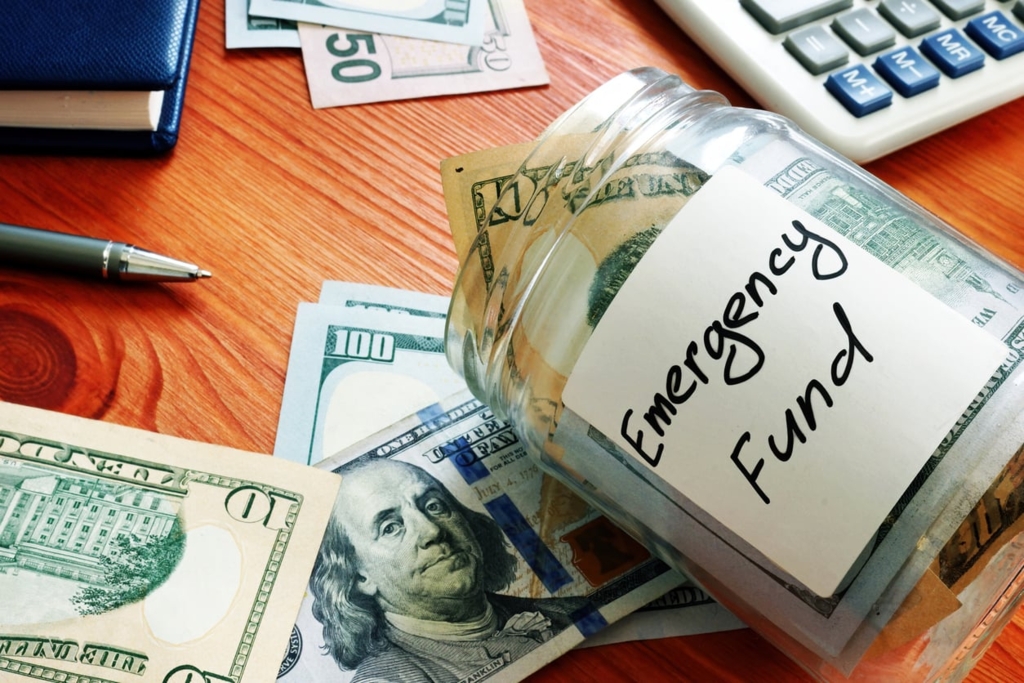Building An Emergency Fund

A crucial aspect of our life is financial planning since it can shield us from unforeseen events and assist us in times of need. An emergency fund is a particular kind of savings account where money is kept for usage only in difficult financial circumstances. It can give you the money to cover an accident-related expense or an unforeseen one, including medical costs, auto repairs, or even a job loss.
The ability to focus on other aspects of your life without thinking about how you would react in the event of a financial disaster is made possible by having an emergency fund. The fact that you will have the money on hand to pay for any unexpected needs without having to borrow money or use a credit card makes it crucial as well.
Consequently, how do you begin creating an emergency fund? Here are some pointers to get you going:
1. Establish your objective. It's crucial to establish how much money you want to set away for an emergency fund before you begin saving. Aim for three to six months' worth of living expenses in case of job loss or other unforeseen financial difficulties as a general guideline.
2. Establish a budget and give your savings first priority. Create a budget that covers all of your costs once you've determined how much money you need to save so that you can determine how much money is left over each month for saving. Next, give your emergency fund top priority and be sure to include it in your monthly spending plan.
3. Make your savings automatic. Consider automating your savings by having a portion of your income directly deposited into a different account set aside only for this purpose. This will ensure that you are saving the money each month. By doing this, you can make sure that your emergency fund will always have enough money for when you need it most.
4. Reduce your spending. One of the simplest methods to save additional money and quickly accumulate an emergency fund is to cut back on frivolous spending. Find strategies to save money in the areas where you are overspending, for as by lowering your shopping purchases or restricting your dining out expenses.
5. Use investments to their fullest potential for profit. If your budget permits, think about investing some of your savings to boost its earning potential and hasten the accumulation of your emergency fund. After all, having an emergency fund is useless if it cannot be used to pay for any future unforeseen expenses.
Although it's not always simple, creating an emergency fund is an essential component of any financial strategy. You may progressively increase your savings by adhering to these suggestions and being consistent about setting money aside each month so that you are ready for everything life throws at you. Good fortune!



